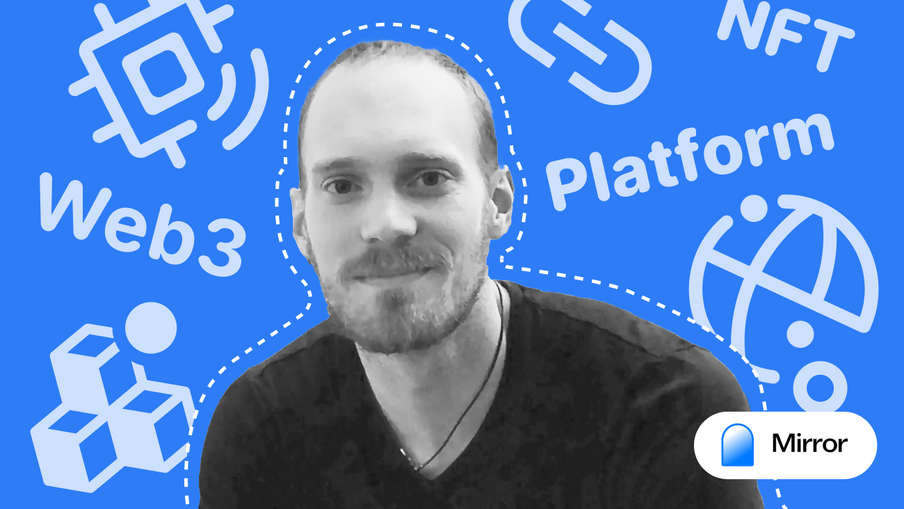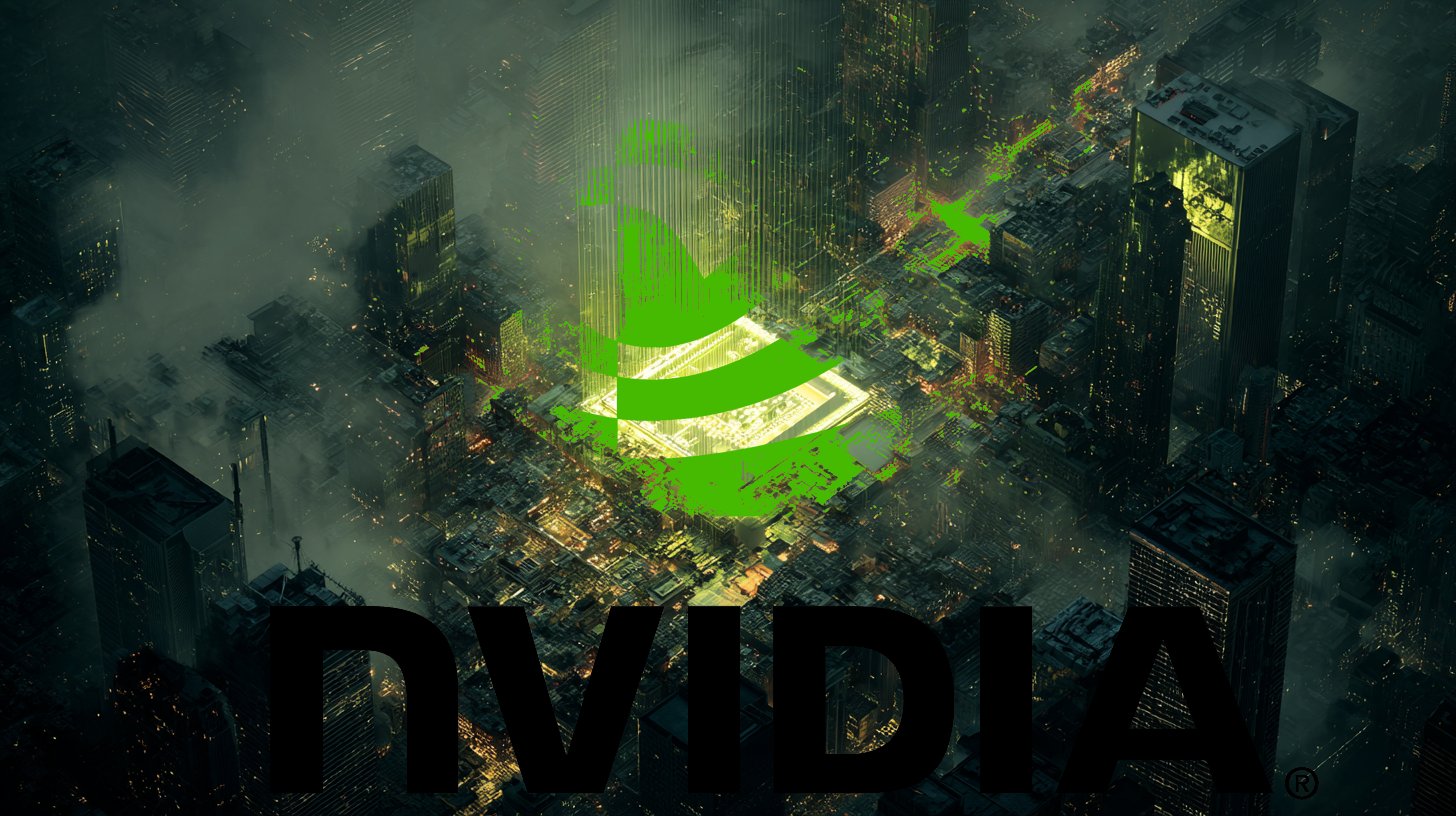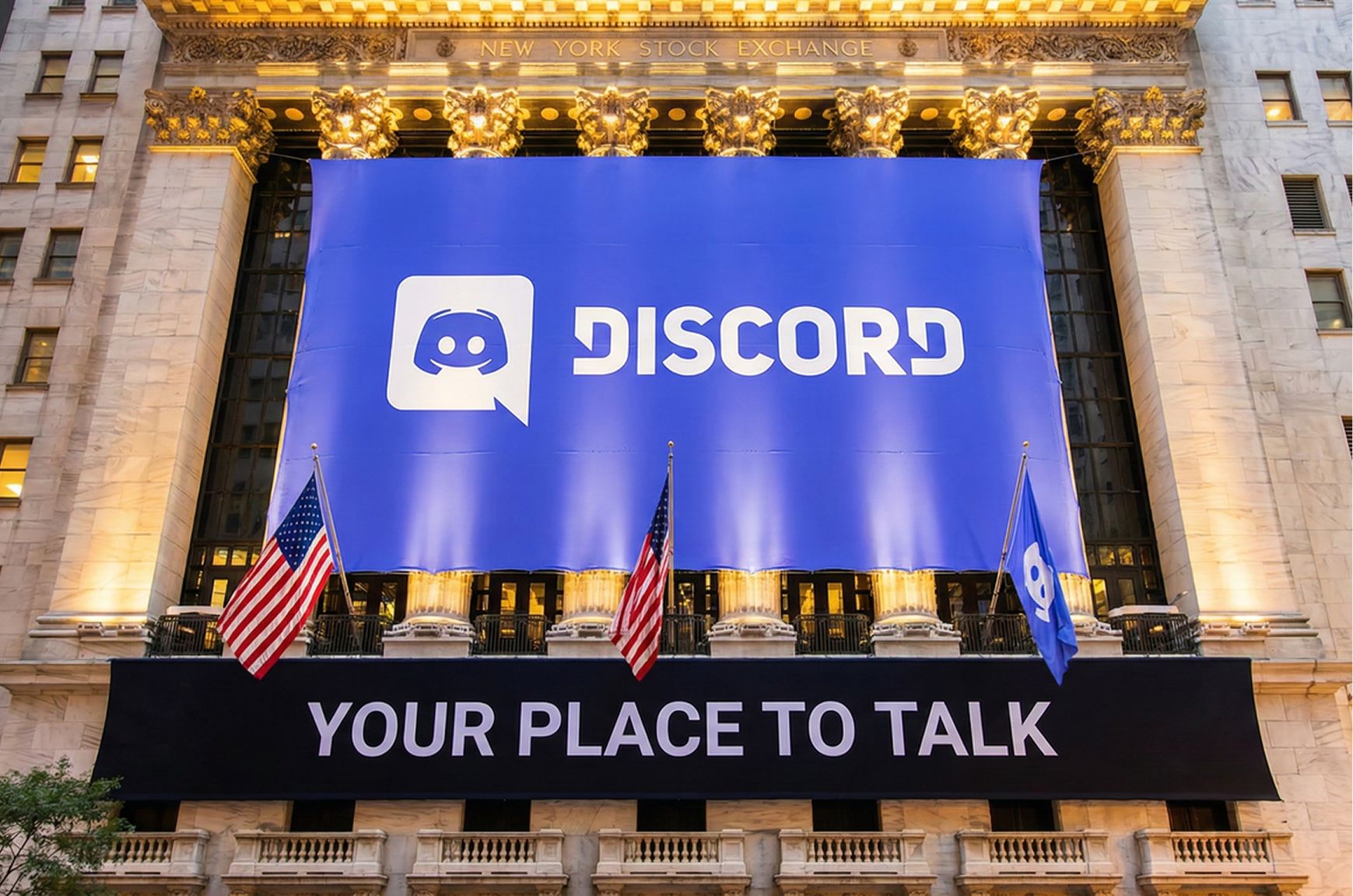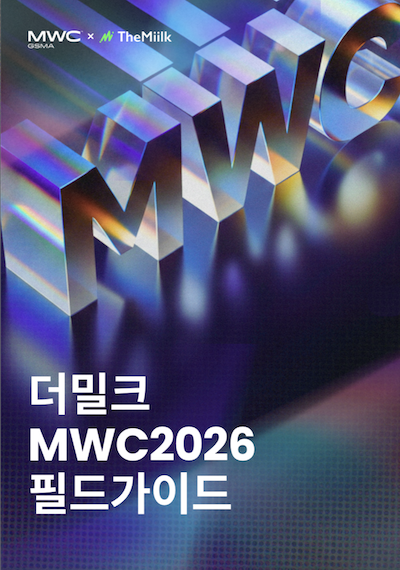Mirror challenges legacy media with Web3 platform

Web3 startup Mirror grants writers full ownership over their content on its platform. Much like existing social media platforms, however, it must now confront the thorny issue of content censorship
Publishing platform operator Mirror.xyz is a tech pioneer, seeking to leverage the much-hyped Web3 to generate a platform that economically benefits creators.
As a movement, Web3 seeks to transfer the ownership and distribution rights of data away from platform operators to platform users, with data recorded on the blockchain being entirely owned by its creators. The term is also widely used to describe services developed by blockchain companies.
In a bid to diversify creators' revenue models and prevent the loss of online content due to platforms coming offline, Mirror has applied Web3 to its own media platform.
"I want to create an environment where local journalists can reap the rewards of their hard-work, despite not being well-known. In time, the platform will evolve to allow us to raise funds beyond simply publishing articles," said Graeme Boy, co-founder and chief technology officer of Mirror, in an interview with The Miilk on Aug. 5.
New Revenue Model Moves Beyond Advertising and Subscriptions
Mirror aims to present the existing publishing industry, which has long relied on either paid content or ad banners, with a new prospective business model. At his speech at the Buidl Asia 2022 blockchain conference last Friday, Boy promised the blockchain platform would provide both content creators and consumers with added value, and touched upon the limited benefits and rewards offered by traditional publishing services.
"The more people read news on Mirror, the greater the benefits to the entire platform's community," the CTO added.
At surface level, Mirror looks much like many other existing publishing platforms, such as Substack or Medium in the US and South Korea's Naver Blog. It differs from these, however, in its reliance on a decentralized service built on top of the Ethereum blockchain.

Curious as to why Mirror chose to leverage blockchain technology within its publishing service? Mirror's team hopes the technology will drive the diversification of creators' profit models. Specifically, writers on Mirrors will be able to generate revenue through crowd-funding campaigns, tips from readers, and compensation for non-fungible tokens (NFTs).
On Mirror, this revenue can be generated for both pre-existing content that has already been published on the platform, and content that writers intend to create in the future. They can then receive tips for such content, or choose to publish it as an NFT, which can then be transferred to other cryptocurrency exchanges for sale or auction. Writers can also choose to offer readers digital coins or NFTs in return for their support. All transactions on the platform will be made with cryptocurrency.
Mirror hopes to use these revenue channels to build an ecosystem that benefits both writers and readers.
Chase Chapman, a Mirror author, for instance, has earned about $5,520 through just a single article so far. Similarly, in July 2021, the content production company Optimist ran a crowdfunding campaign to produce a documentary about the development of Ethereum on Mirror that raised 1035.96 ETH (equivalent to about $1.9 million at the time). The documentary's producer offered backers their own tokens as a reward.
Blockchain is being leveraged by the Web3 start-up not solely to generate profit, but also to safeguard data ownership. All articles posted on Mirror remain on the Ethereum blockchain, not on the company's server, with the US firm instead seeking to ensure that the creators, not the platform, retain control over their data.

Once data has been published to the blockchain, it is nigh-on impossible to manipulate: the data can only be modified by its owner, who has the private key - a string of numbers and letters that works as a password - that allows them to do so.
Consequently, Boy asserts that "Even if the Mirror platform disappears, the post will live on permanently."
"You will always be able to prove ownership through your account signature," he added, "with everything posted on Mirror being owned by the user, not the platform."
Censorship: a Double-Edged Sword
Although the Web3 media platform claims to be able to resolve many of the problems facing existing publishing services, it must grapple with one critical stumbling block: the question of how much freedom to grant its users to express their opinions.

Recently, traditional social media platforms, including YouTube and Twitter, have found themselves at the center of controversy for censoring user-generated content deemed to be violent, politically controversial, or socially divisive.
The decision to remove such content from these Web2 platforms for being 'hateful or inflammatory' has divided opinion, with some feeling the move is appropriate, and others finding it unfair.
In seeking to address this issue, Web3 has fewer tools than Web2. Given that Mirror grants creators with ownership over their data, it would struggle to modify, eliminate or otherwise censor content that it deemed to be violent, sensational, or inflammatory.
Mirror's solution is to take a democratic approach, allowing users to manage content by voting for it.
"As the service is still in its nascence, we have yet to see any controversial content uploaded. The company is, however, considering a measure that would allow controversial content to be blocked following voting via a decentralized autonomous organization (DAO)," Boy said.
Mirror is a decentralized media platform founded in 2020 by Graeme Boy and Denis Nazarov. It has attracted Series A funding from investment companies such as Andreessen Horowitz (a16z), Union Square Ventures, and Atelier Ventures. Graeme Boy, co-founder and CTO, served as a founding engineer for RaiseMe, now owned by CampusLogic, and then as a technical director for the decentralized project, Dharma. The second co-founder, Denis Nazarov, was a former a16z partner; the blockchain start-up that he founded, MediaChain, has since been acquired by Spotify.
This content is a translated, and slightly modified version of the interview written in Korean, which is available at this link.
Sejin Kim(sejin@themiilk.com) wrote the first draft translation and Youngwon Kim(Youngwon@themiilk.com) and Moorea Mehta(m.p.a.mehta@gmail.com) contributed to editing the translated version.









